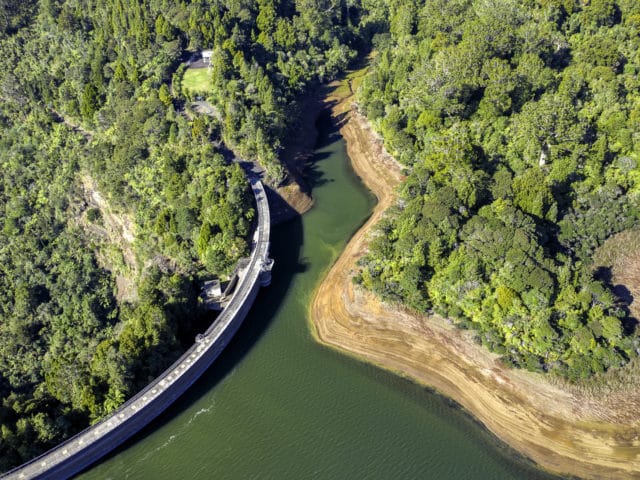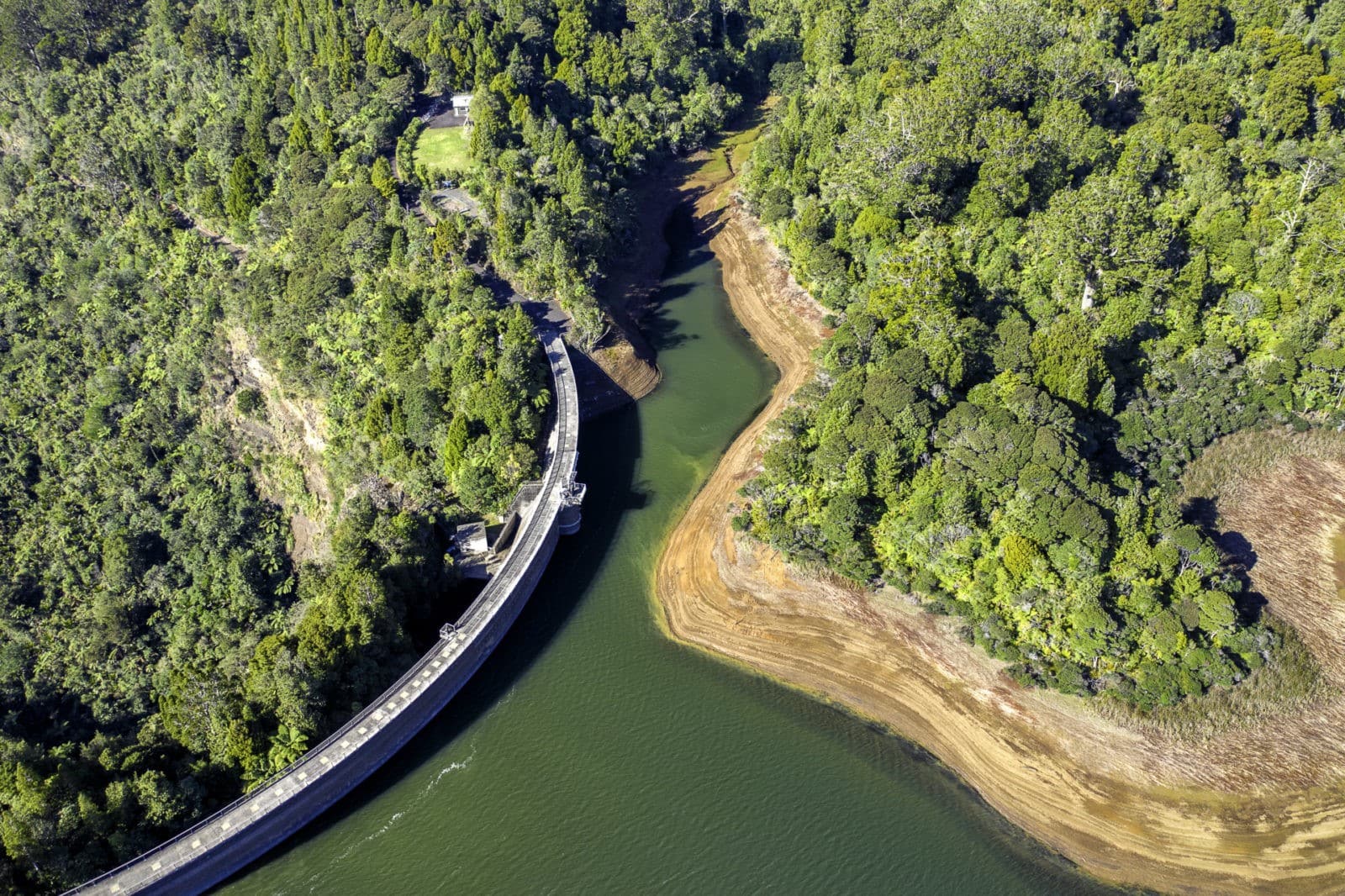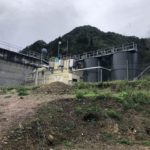Reuse & Recycle Water
The advanced treatment and reuse of wastewater is becoming increasingly common as industries and municipalities address high water demands and shrinking supplies. New Zealand, Australia, Asia, Europe, and the USA are just some of the areas around the world being affected by drought and the need to balance increasing population growth, dry climates and heavy irrigation/agricultural demands with water demands.
In June 2020 “Auckland is looking overseas for answers to its water shortages, with dams in the Hunua and Waitakere ranges 30 per cent below normal capacity.”

Over a third of Singapore’s water supply comes from recycled wastewater and the method provides an alternative to river and lake dependence. But Water New Zealand acting chief executive John Mackie said reusing wastewater may not be popular with the public. “The technology is there to turn wastewater into drinking water, but there is also the cultural aspect. The point is how acceptable is that water going to be to people for them to actually use it,” he said. © Stuff
Water recycling means reusing treated wastewater, which saves money and has numerous environmental benefits. Provided it has been properly treated, there is enough recycled water available to satisfy humans’ needs. Water recycling is also called water reuse or water reclamation. Reclaimed water has a variety of beneficial uses, such as agricultural irrigation, industrial processes, and groundwater recharge, to name a few. The level of treatment water needs to undergo depends upon how the water will be used once recycled. Water treatment can be adjusted to meet the requirements of its planned reuse. Recycled water is often water that has been reclaimed from a municipality’s wastewater. However, water can also be reclaimed and reused on the same site.
Greywater is water that has been reclaimed from bathroom sink or shower drains, or laundry machine drains. It is typically recycled onsite for irrigation. When greywater is used for these purposes, it reduces the amount of potable water — or water that is safe for drinking — that needs to be withdrawn. In addition to saving clean water, using greywater reduces the amount of water going to wastewater treatment plants, saving energy and money. Reusing water onsite allows for a reliable water source that can be controlled locally.
In New Zealand we have typically steered away from investment in water reclamation, reuse or recycling with some notable exceptions. Kapiti District Council is one of these in the municipal sector advocating grey water use.
See the Kapiti Rainwater & Greywater COP Guidelines
Read Rainwater & Greywater Resources from Branz
And with an increasing concern about the environment, climate change and sustainability, there is a growing interest in all forms of water reuse.
Benefits of Recycling Water*
- It prevents water from having to be diverted from other sources. Wildlife and plants depend on adequate water to survive. When water gets diverted away from an ecosystem, it can cause an otherwise healthy habitat to suffer.
- Recycling water can help indirectly lessen the amount of wastewater that gets discharged into other bodies of water. Reducing the discharge of wastewater helps protect sensitive ecosystems.
- Decreasing the amount of wastewater that is discharged into other bodies of water will decrease the number of pollutants that are released into those waters.
- Recycled water can be used to create a new habitat. The flow of recycled water can be altered to create or enhance a wetland or riparian — or stream — habitat.
- Recycled water often contains more nutrients than potable water, and thus it will be even more beneficial when used for irrigation. It may allow for the reduced application of synthetic fertilizers.
- Using recycled water is much more energy-efficient than relying on your local source of water. Pumping, transporting, and treating groundwater requires a much greater amount of energy than using your own source of reclaimed water.
*Source: Brenntag Water Reclamation and Reuse


